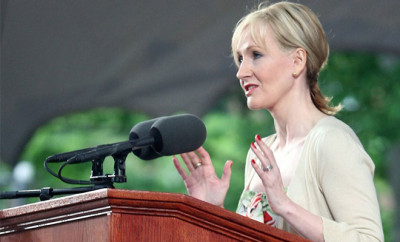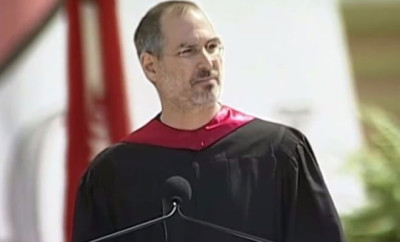
How to Succeed at Failure
Recognising failure and recovering from mistakes are essential skills for any entrepreneur. When I recently received several excellent questions from readers of Entrepreneur magazine and American Express OPEN Forum, it prompted me to reflect on how I’ve dealt with missteps in my own career.
Q: I’ve been an entrepreneur for four years now and would like to know, when a business is not going well, how to tell when it’s time to call it quits and switch to something else? You have mentioned your financial difficulties at the beginning of your career and as Virgin ventured into all kinds of media businesses. What helped you decide whether you wanted to stick it out or change sails? – Victor Tan
A: The impending failure of a business is something that you will instinctively recognise deep down, but human nature may prevent you from acknowledging it. Most startups are short of cash in the launch stages and then lurch from one crisis to another as they struggle to keep afloat. In such situations, entrepreneurs need to be strong-willed, confident without being cocky, and determined to make an idea work, often against the odds.
I have lost count of the number of times rivals, reporters, bankers and even my own finance directors have told me that our time was up — but every time, I kept going and tried another angle, thinking that our situation was not as dire as it appeared. We have sold houses, hotels and even other businesses to raise cash. Sometimes we expanded our way out of trouble by ordering new planes, signing new bands or even buying new nightclubs.
However, you must balance this dogged streak with a sense of realism. There will be times when you must accept that despite your best efforts, an idea or business cannot be saved. As they say, the first cut is the kindest, both to the venture being set loose and to the parent company. Overall, it seems to me that if you have been struggling to pay the bills and salaries on a regular basis; if you cannot get traction with customers; if you can’t raise awareness of your product or brand, then it is time to quit.
Some of the best decisions our team at Virgin has made involved exiting markets early, when we could see that our product, service or brand was not making a big enough impression on customers, and would not break through and attract volume sales.
A good example of this was the Virgin Pulse digital music player. We founded the company in 2004 and then folded it a year later when it failed to make inroads against the major brands. The rise of Apple’s iPods and iTunes meant that Virgin’s device suddenly looked out of date before we had even launched it.
Sometimes we have kept businesses going too long. Another venture impacted by the rise of MP3 downloading was Virgin Megastores.
With new technologies stifling record sales and retailers folding around the world, the business was losing a lot of money. We did not make a speedy exit in part because I resisted closing the business. I was worried about losing the flagship stores’ presence in Times Square and on Oxford Street since they were so important to brand recognition and our link with the past. But the scale of the losses meant that we had to sell the business to its management and focus our attention on markets where we could be the disruptor, not the disrupted.
Q: How do you regroup when disappointment is overwhelming? Do you have a three-day funeral and then get on with designing a new venture? What is your strategy? – Doug Warren
A: My mother drummed into me from an early age that I should not spend much time regretting the past. I try to bring that discipline to my business career. Over the years, my team and I have not let mistakes, failures or mishaps get us down. Instead, even when a venture has failed, we try to look for opportunities, to see whether we can capitalise on another gap in the market.
Consider our much-publicised attempt to buy the failing British bank Northern Rock in 2009. After months of hard work, Virgin Money had put together what we considered to be a strong consortium in order to buy the bank and refinance its debts. Prime Minister Gordon Brown’s government thought otherwise and nationalised the bank.
I was astounded. I spent a night drowning my sorrows with a few friends on Necker Island. But within days, the team had reassembled and we mapped out how we would set up our own bank and then take on Britain’s largest financial institutions. We have since bought a small U.K. bank, Church House Trust, which means that we now have a banking license. The venture, Virgin Bank, has attracted the noted American investor Wilbur Ross and we are busy planning its expansion throughout the U.K. in 2011.
Q: What was your favourite failure? What failure did you learn most from? – Meghan Blair-Valero, Nantucket, Mass.
A: Virgin Cola was my favourite. I got to drive a tank into Times Square and also to create a cheeky bottle in the shape of Pamela Anderson. That business taught me not to underestimate the power of the world’s leading soft drink makers. I’ll never again make the mistake of thinking that all large, dominant companies are sleepy!







